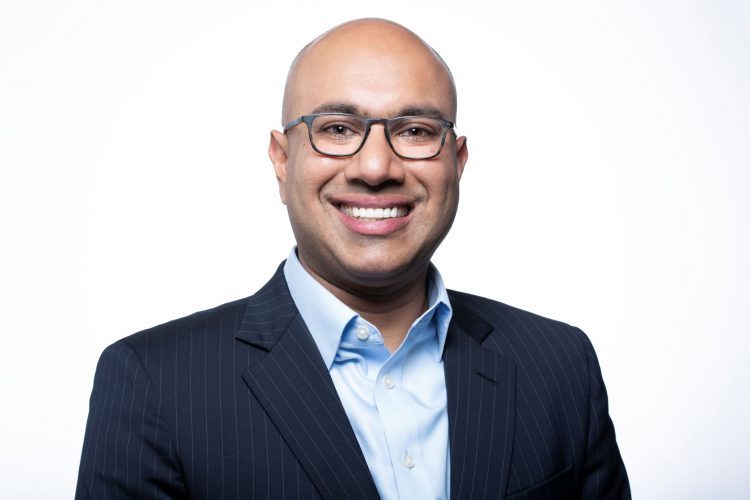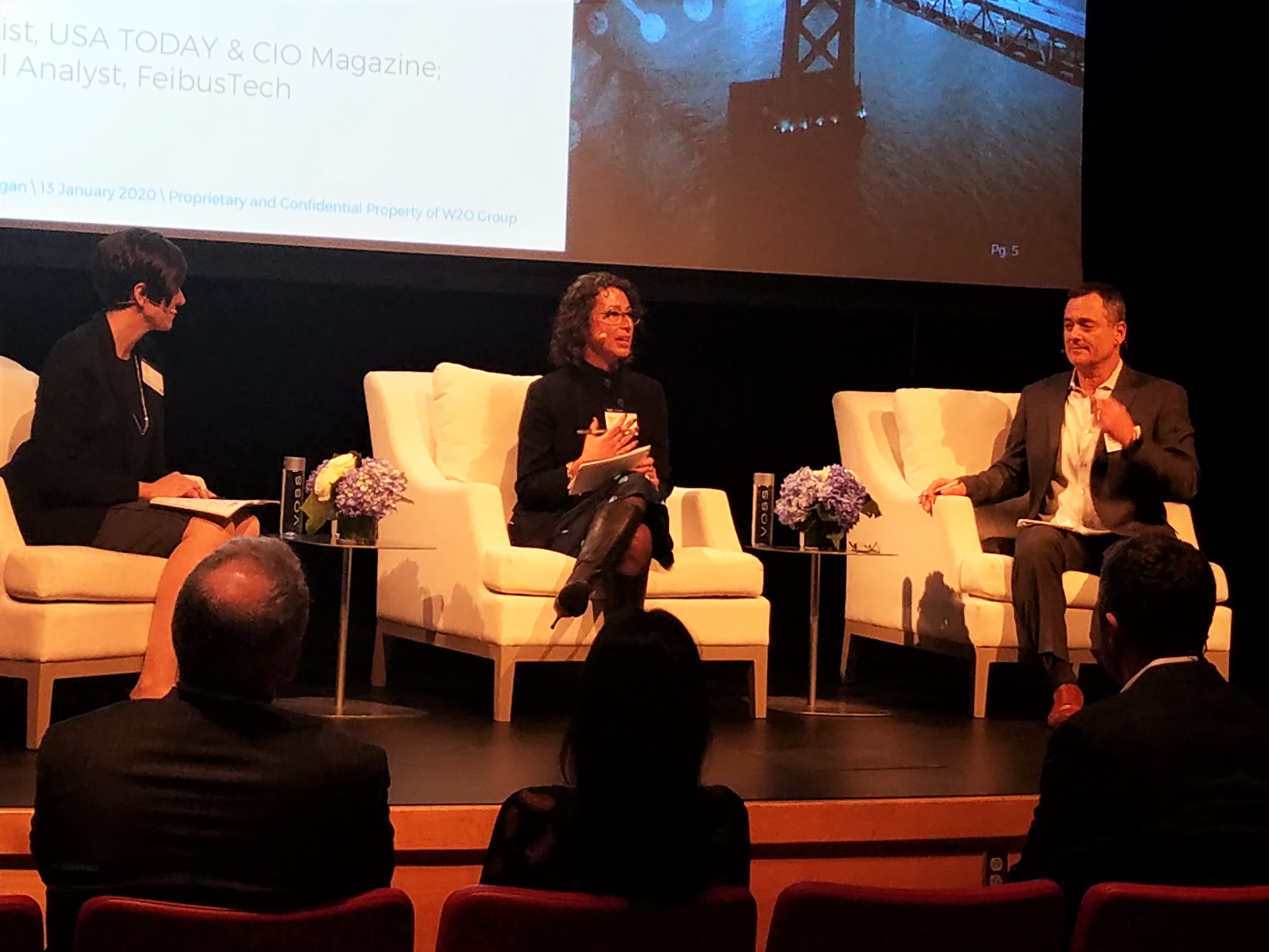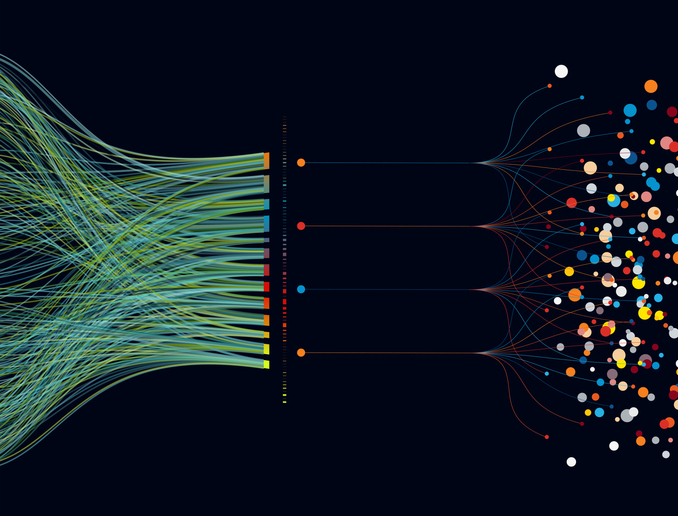
Is ‘Big Data’ the Cure-all for U.S. Healthcare?
AI/big data haven't solved healthcare's challenges. Despite advancements, systemic barriers persist, but AI offers potential to improve outcomes and efficiency.

AI/big data haven't solved healthcare's challenges. Despite advancements, systemic barriers persist, but AI offers potential to improve outcomes and efficiency.

Valuable digital data is a relatively new phenomenon in the history of healthcare. Providers need to think of it in a new way — not as a byproduct, but as another valuable outcome they are generating as they do their jobs and care for patients.

Physicians and advanced practice providers are expected to commit to memory nearly limitless data. With time and properly developed and vetted software, we could move away from a memory-based system where we create general statements for people to memorize, to a new world where we augment our thinking based on population datasets.

Cloud resources are now incredibly varied and accessible, with a large ecosystem of industry-specific cloud-based managed services specializing in these complexities. Which means the average healthcare organization can, indeed, afford to tap into supercloud power — they just get it as a service.

Industry executives will share their insights at the INVEST Pop Health virtual conference, held in collaboration with New Orleans Business Alliance, scheduled for November 15-16. Register today.

As we continue to respond to Covid-19 and prepare for the next crisis, the health care community should learn from defense and intelligence agencies that have developed effective strategies to create a common operating picture through robust data integration.

The rest of 2020 and heading into 2021 will be defined by duality of data security and data integration, and providers’ ability to execute on these priorities. That in turn will, in many ways, determine their effectiveness.

After Miki Kapoor joined Verana Health in 2018, the company shifted from a tele-ophthalmology startup to a data analytics company. Since then, Verana has raised $100 million in funding led by GV and made its first major acquisition.

GV, formerly known as Google Ventures, led a $100 million funding round in Verana Health. The San Francisco-based company aggregates clinical data for medical research and analytics.

Digital health companies have raised large funding rounds, but have struggled to make major traction with physicians and patients. Executives with Johnson & Johnson and Intel shared what they see as the path to a solution.

At a time when AI is reshaping pharma, Reverba Global CEO Cheryl Lubbert explained in an interview why empathy, context, and ethics still require a human touch.

The partnership adds to Verily’s growing work in value-based reimbursement.

By partnering with a smart, secure, and collaborative health data network, providers and health plans can access integrated claims and clinical data and more effectively transition to value-based care.

Realizing the full potential of precision medicine starts with finding better ways to collect, share and make decisions based on data.

The organizations will collaborate on efforts to pull real-world data from a number of sources including EHRs, data registries and testing labs and determine their utility in making regulatory decisions.

The 45-person company is focused on licensing real-world clinical databases from medical academies, organizing the data and building analytics tools to make the information useful to the pharmaceutical and medical device industry.